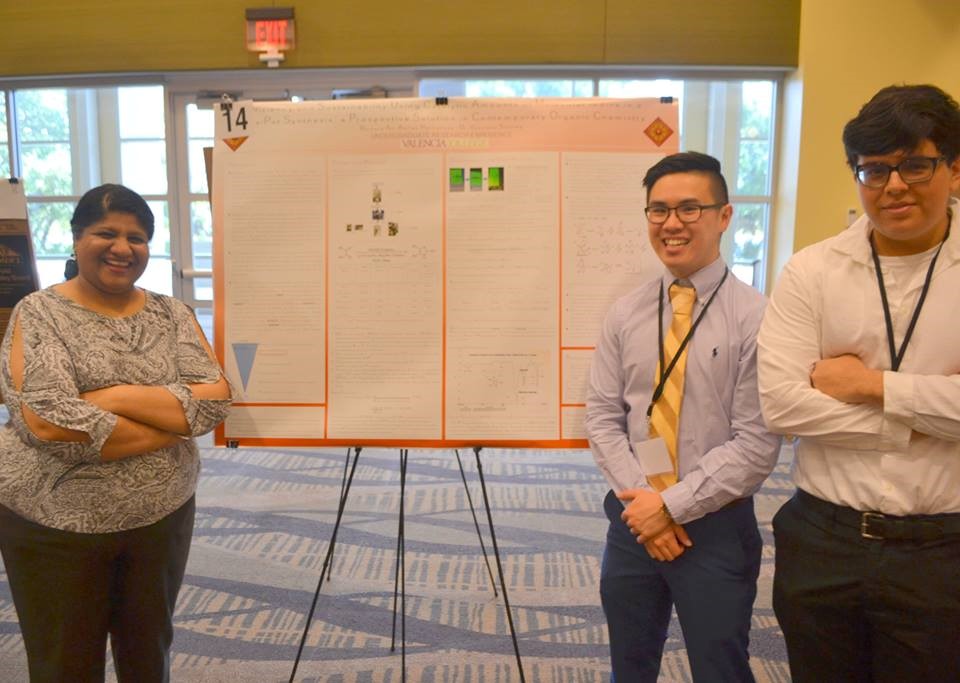Faculty
Faculty Outcomes

Faculty can use undergraduate research activities as a High Impact Practice for the new Faculty Incentive Plan (FIP) provided that it is documented with an Action Research Plan. The activities can also provide the opportunity for renewal and staying current in your discipline or academic field. ***
Faculty Development Courses in UR
- LCTS6317: Introduction to Creating Undergraduate Research Experiences
- LCTS6417: Creating an Embedded Undergraduate Research Experience
- LFMP6340: Mentoring in Undergraduate Research
*** part-time and 4-month faculty can earn PD credit that goes towards the Associate Faculty Certification, and eligible full-time faculty can use these towards the Faculty Incentive Plan both through the PD Plan as activities and the High Impact Practices Plan to prepare infusion of UR as a high-impact practice.